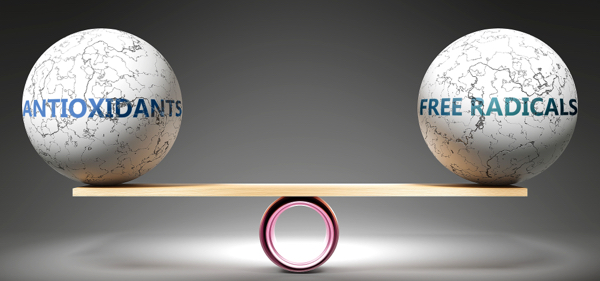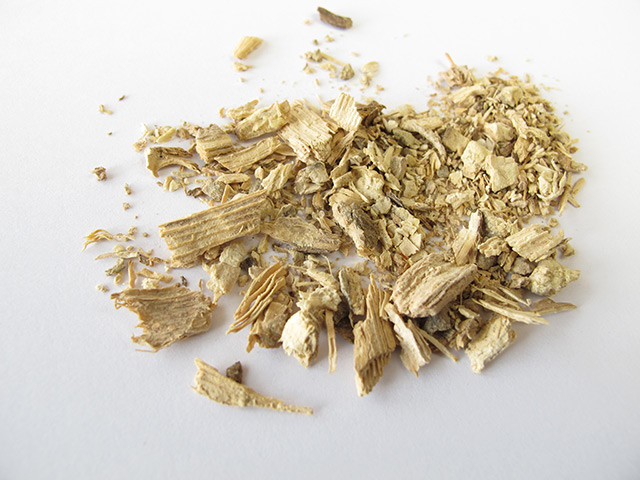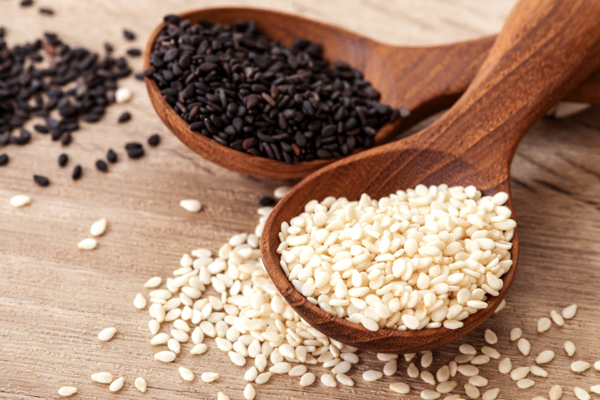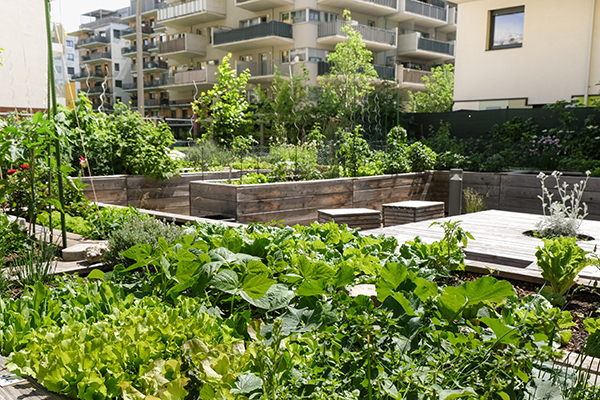Could antioxidants help kids with autism? Scientists are taking a closer look
By oliviacook // 2025-04-16
Tweet
Share
Copy

- Oxidative stress may be linked to autism symptoms. Kids with autism spectrum disorder (ASD) often have lower antioxidant levels than kids without, which may contribute to brain cell damage and behavioral changes.
- Antioxidant supplements like melatonin and CoQ10 show early promise. Studies found improvements in sleep, behavior and mood following use of these supplements under medical supervision.
- Sleep issues are common in ASD, and antioxidants may help. Melatonin has shown the most consistent results in helping kids fall and stay asleep.
- Natural food-based antioxidants are worth trying. Try feeding children colorful fruits and veggies and gut-friendly foods like yogurt and smoothies.
- Every child is different. Work closely with a trusted pediatrician before starting any supplements and introduce new foods gradually, especially for sensitive eaters.
What research has found so far
In a series of studies published in Frontiers in Psychiatry, researchers investigated whether boosting antioxidant levels could help children with autism – and early results are encouraging.- A September 2021 study examined a nutritional supplement containing cysteine-rich whey protein isolate (CRWP) – a powerful precursor to glutathione. The use of this supplement resulted in improvements in both behavior and cellular antioxidant levels in preschool-aged children with ASD.
- A February 2022 study confirmed the high rate of sleep disturbances in children with autism, particularly insomnia, which is linked to behavioral and developmental concerns. Researchers found that melatonin, a natural antioxidant and sleep hormone, helped children fall asleep faster and stay asleep longer, leading to better mood and behavior during the day.
- A March 2022 study explored the use of a supplement blend containing CoQ10 (ubiquinol), vitamin E and B vitamins. The study reported improvements in adaptive functioning, cognition and social engagement in children and adolescents with autism and intellectual disabilities following use of the supplement.
What it means for families
None of abovementioned treatments are cures for ASD, and researchers emphasize the need for larger long-term studies. But they offer a fascinating possibility: that supporting the body's natural defenses could help ease some of the daily challenges faced by individuals with autism. Since antioxidants are naturally found in many foods and are available in the form of supplements, some families are beginning to explore using them as part of a more holistic approach to dealing with ASD. That said, many children with ASD are selective eaters, experience sensory sensitivities to smells and textures or have gastrointestinal issues – all of which can make dietary changes difficult. Here are some tips for safely increasing the antioxidant levels of children with ASD, especially picky eaters and sensitive eaters:- Start small with smoothies: Blend antioxidant-rich fruits like bananas, blueberries and strawberries with spinach and a non-dairy milk. Add a dash of raw honey and/or vanilla for taste. Warm drink alternatives include gentle herbal teas like rooibos – just check with your pediatrician first.
- Sneak vegetables with familiar foods: Stir pureed carrots or sweet potatoes into macaroni and cheese or blend chopped spinach into burgers and meatballs. Think of it like a culinary ninja move – getting nutrients in without setting off texture alarms.
- Choose foods that are both antioxidant-rich and gut-friendly: Yogurt (dairy or non-dairy) offers probiotics to support digestion and pairs well with antioxidant-rich berries. For dairy sensitive kids, try kefir made from coconut or oat milk.
- Focus on color: Brightly colored fruits and vegetables often have more antioxidants. A "rainbow plate" does not have to be complicated – even red apple slices and orange bell pepper sticks are a great start.
- Consider supplements with medical guidance: Try giving your child supplements like glutathione precursors (such as NAC), melatonin, CoQ10 or vitamin E under the supervision of a trusted healthcare provider. Dosing and effectiveness can vary, so professional input is essential.
More related stories:
Versatile melatonin: More than just improving sleep, this hormone can protect against Alzheimer’s, reduce anxiety, and more. Cacao nibs: The ultimate superfood packed with antioxidants. Top antioxidant foods to combat oxidative stress from air pollution. Sources include: FrontiersIn.org 1 FrontiersIn.org 2 FrontiersIn.org 3 Brighteon.comTweet
Share
Copy
Tagged Under:
brain function natural medicine antioxidants functional food alternative medicine autism research brain health natural health supplements natural cures Free radicals food science naturopathy mind remedies diets oxidative stress food cures mind body science food is medicine goodscience goodhealth goodmedicine goodfood health science brain damaged
You Might Also Like
Possible biosignatures detected on Exoplanet K2-18b, raising hopes for alien life
By Cassie B. // Share
Kava: The Pacific’s healing wonder
By Ava Grace // Share
Eating black sesame may slash heart disease risk
By News Editors // Share
Maple syrup: Nature’s golden superfood and its sweet health benefits
By Laura Harris // Share
Recent News
Trump chooses negotiation table over Israeli airstrikes in key Iran policy decision
By isabelle // Share
Possible biosignatures detected on Exoplanet K2-18b, raising hopes for alien life
By isabelle // Share
"Wartime Homefront Essential Skills" on BrightU: How to grow and preserve food at home
By jacobthomas // Share









